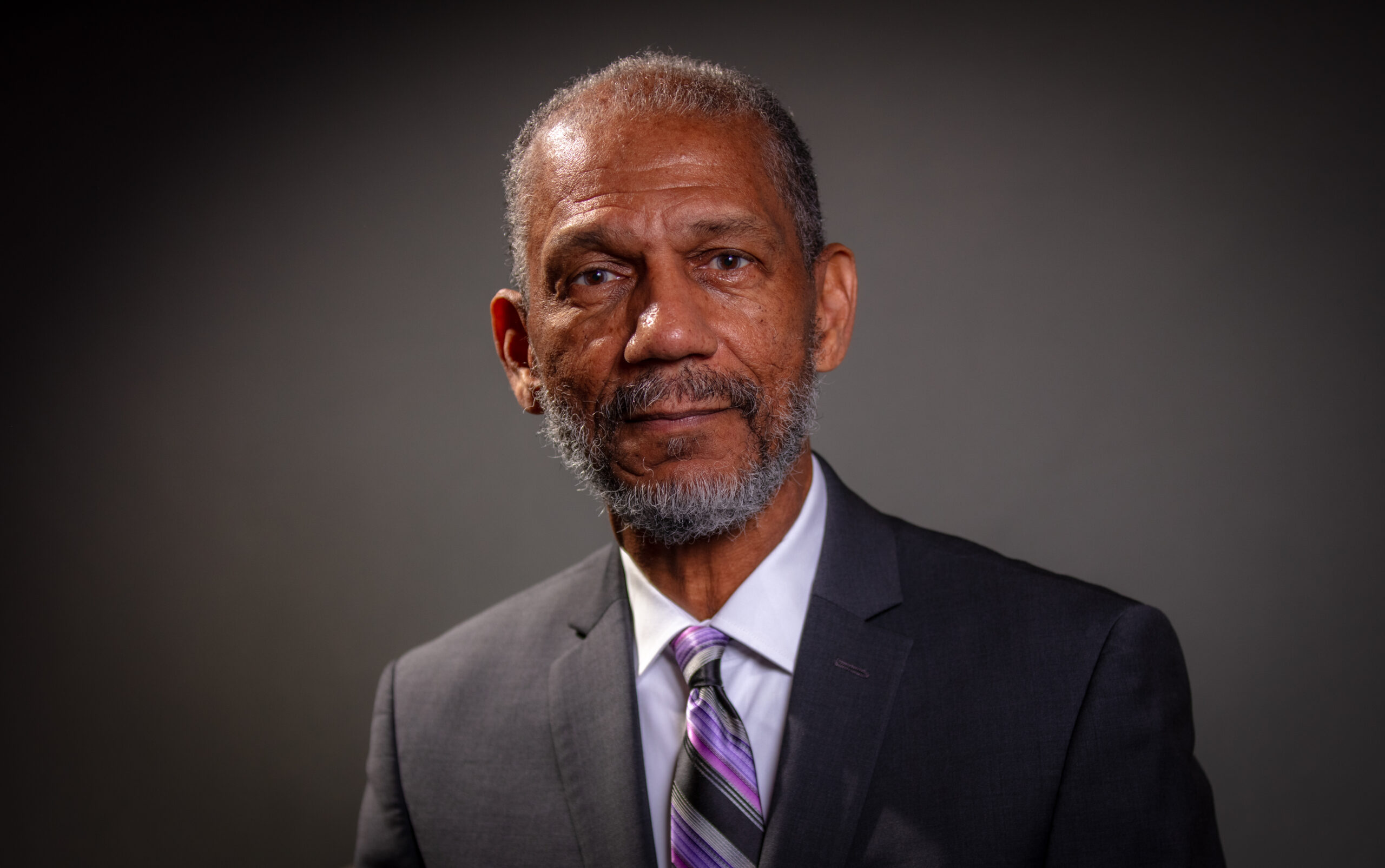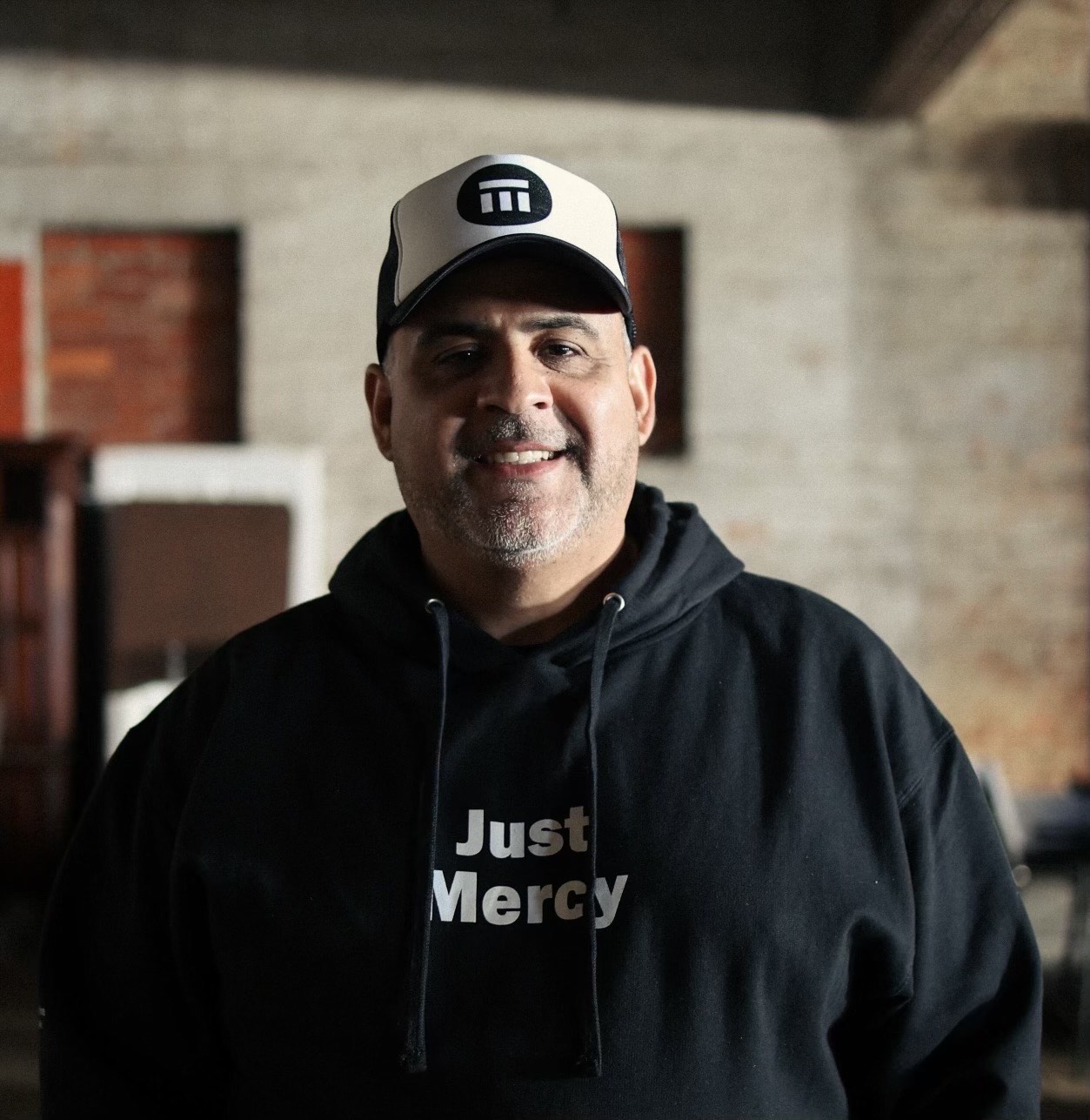President Biden’s Last Chance to Commute the Federal Death Row – Here’s What You Need to Know.
He must take action to commute the federal death row by Jan. 20 to guarantee that this country will not kill an innocent person.
Urgent 12.09.24 By Alyxaundria Sanford
As President Biden’s term enters its final stretch before Jan. 20, he has an unprecedented opportunity to rewrite history by commuting the sentences of the people currently on federal death row. Such an act would address the injustices embedded within the federal death penalty system.
The leading causes of wrongful convictions — including eyewitness misidentification, invalidated forensic science, false confessions, and jailhouse informant testimony — persist in both state and federal justice systems and on death row. The Innocence Project has collaborated with broad coalitions of policy makers, community groups, advocates and attorneys to pass more than 200 transformative laws to change up the systems. Despite these efforts, the risk of executing an innocent person remains.
By commuting the sentences of the 40 people on death row, President Biden is taking the risk of execution off the table and allowing them to be resentenced to life imprisonment.
Here are nine things you to need to know about efforts to commute the federal death row:
1. As long as there are people on the federal death row, we face the risk of executing an innocent person.
No justice system is immune to errors, but the death penalty, with its irreversible outcome, leaves no room for correction. Since 1973, 200 people have been exonerated from death rows around the country. And we know that innocent people have been put to death — like Marcellus Williams in Missouri who was executed despite no DNA evidence linking him to the crime and the local district attorney arguing for his conviction to be overturned. Federal cases have been plagued by all the same issues that have surfaced in these exonerations — junk science, faulty forensic evidence, and inadequate legal defense, making the margin for error devastatingly wide.
The lack of exonerations from the federal death row is no surprise, given the severe limits on post-conviction relief in the federal system. People convicted in state systems can appeal in both state and federal courts. Those in the federal system have only one chance — in federal court, where the post-conviction law is severely limiting. Most exonerations happen during post-conviction reviews, where access to tools like discovery and evidence presentation is critical, yet routinely denied.
In addition, federal law also fails to account for new scientific evidence or suppressed facts discovered after the post-conviction process. While some states allow claims based on new forensic developments, federal law does not, and recent Supreme Court rulings have further closed the door on such claims. As Justice Ketanje Brown Jackson noted in 2023, even those with strong innocence claims may have no way to bring them forward in federal court.
With limited opportunities to address evidence of innocence in federal courts, proving a wrongful conviction becomes nearly impossible, putting innocent people at risk of execution.
2. The federal death penalty has a legacy of racial bias.
The federal death penalty is rife with racial disparities that echo the United States’ long-standing history of racial injustice. Today, 55% of the 40 people on federal death row are people of color. In the modern era, 63% of federal executions have involved cases where the victims were white, despite the fact that most murder victims in the U.S. are Black Americans. This inequity in convictions and sentencing sheds light on how deeply racial bias is ingrained in the system.
It’s not just on death row that we see these racial disparities — wrongful conviction risks have always been higher for people of color. Eyewitness identifications are significantly less reliable when the witness is identifying someone of a different race, yet no steps have been taken to address this or other racial inequities in the federal capital system. There’s also no redress for individuals harmed by these systemic failures.

“I am asking President Biden to commute all federal death sentences because the federal death penalty system is plagued by all of the problems that we know lead to wrongful convictions.”
“I am asking President Biden to commute all federal death sentences because the federal death penalty system is plagued by all of the problems that we know lead to wrongful convictions.”
Christina Swarns Executive Director, The Innocence Project
3. Geography plays a role in federal death sentences.
Where a crime occurs can mean the difference between life and death. This geographic bias is starkly apparent in the federal system, where Texas, Virginia, and Missouri alone account for 43% of current federal death sentences. And once again, the racial disparities are striking. In Texas, 75% of all federal death sentences in the modern era have been handed to people of color, while in Virginia and the Eastern District of Missouri, the percentage reaches 100%. Justice should be consistent nationwide, not dictated by state borders.
4. The federal death penalty unfairly affects society’s most vulnerable people.
We know that the federal death penalty affects a disproportionate number of Black and Latino men. Some were sentenced by all-white juries, for crimes involving white victims, which contributes to biased outcomes. Beyond racial bias, nearly a quarter of those on federal death row were under 21 at the time of their crime, many shaped by cycles of poverty, trauma, and untreated mental health issues. We have seen time and again that the threat of the death penalty can lead people, particularly the young and those with disabilities, to plead guilty to crimes they did not commit just to stay alive.
5. The federal death penalty drains significant public resources without making us safer.
Beyond moral and ethical considerations, the federal death penalty imposes a significant financial burden on taxpayers. Death penalty cases cost more at every stage than do non-capital homicide cases, and the largest share of those costs are often incurred at the trial stage. In federal death penalty cases, numerous different federal agencies are usually involved, and there is significantly more time spent in court for pretrial proceedings, jury selection, and the trial itself. The resources these proceedings consume could be reallocated instead to programs that actually improve public safety, as well as those that provide trauma-informed services to victims’ families.
6. Executions retraumatize victims’ families.
While proponents of the death penalty often cite justice for victims’ families as a rationale, many families argue the opposite. Executions can retraumatize families, forcing them to relive their loss while doing little to bring about true healing. Families across the nation have spoken up, urging that funds be redirected from executions to programs that foster healing and prevent future violence. President Biden has the chance to champion compassion over vengeance.
7. The urgency of now: Preventing the next wave of executions.
Under the previous administration of President Trump, federal executions resumed in a surge that saw 13 people executed in seven months — many of whom had histories of intellectual disabilities, severe mental illness, and trauma. The former president has already vowed to restart this policy with renewed vigor when inaugurated. President Biden’s action now is critical to preventing another wave of flawed executions of the 40 people on the federal death row and ensuring that America does not repeat this grim chapter.
8. Keeping a promise and securing a legacy.
Commuting the sentences of those on federal death row would not only align with President Biden’s campaign promises but also mark a pivotal step in transforming America’s justice system. It would demonstrate his commitment to addressing systemic racism and fulfilling a vision of fairness and humanity. This is not a political act — it is a profound moral statement, especially resonant with President Biden’s Catholic Faith, about the value of human life and the nation’s dedication to justice.
9. You can contribute to a legacy of compassion by urging President Biden to #CommuteTheRow
Time is running out. By Jan. 20, President Biden must commute the sentences of those on federal death row to prevent further injustice and protect against irreversible errors. Let’s show that as a country, we stand for equity, compassion, and true justice. We urge you to:
- Add your name to the petition and push President Biden to commute the federal row today.
- Share the campaign on social media.










Leave a Reply
Thank you for visiting us. You can learn more about how we consider cases here. Please avoid sharing any personal information in the comments below and join us in making this a hate-speech free and safe space for everyone.